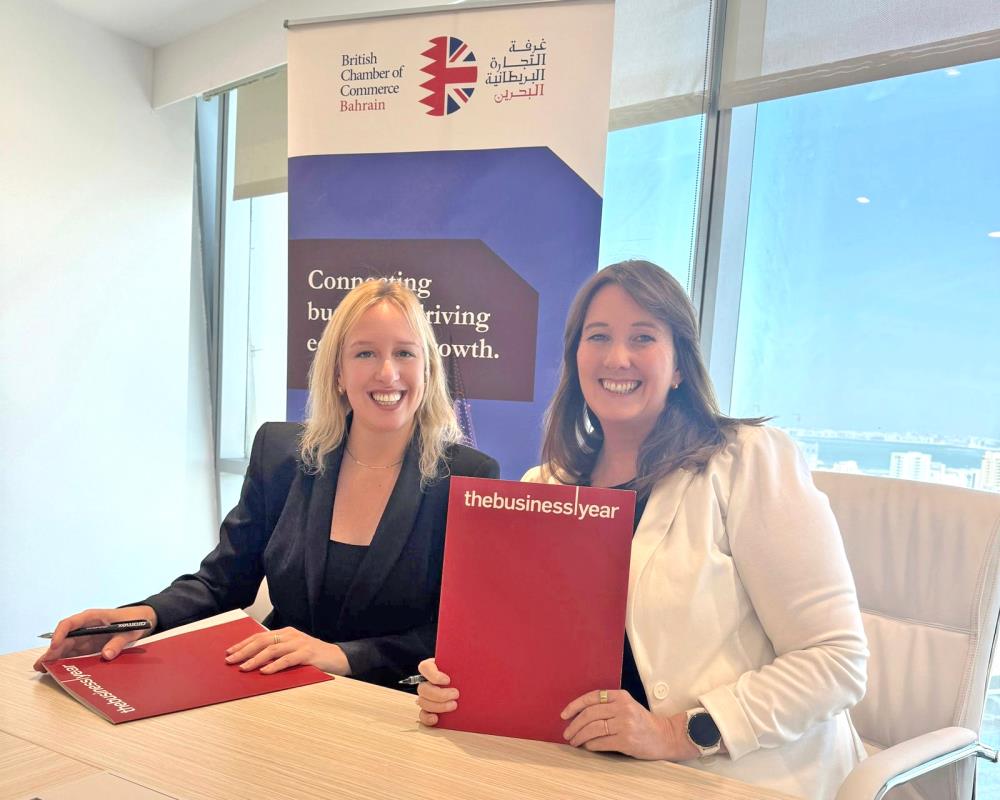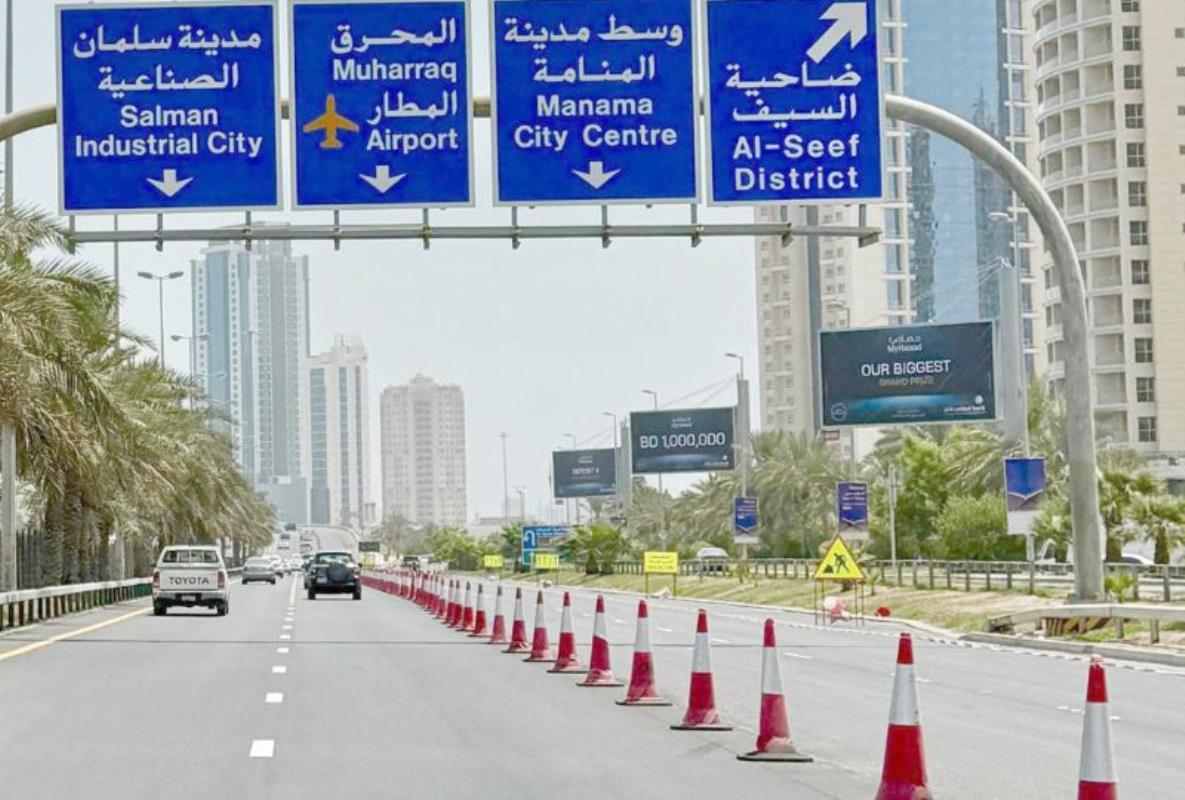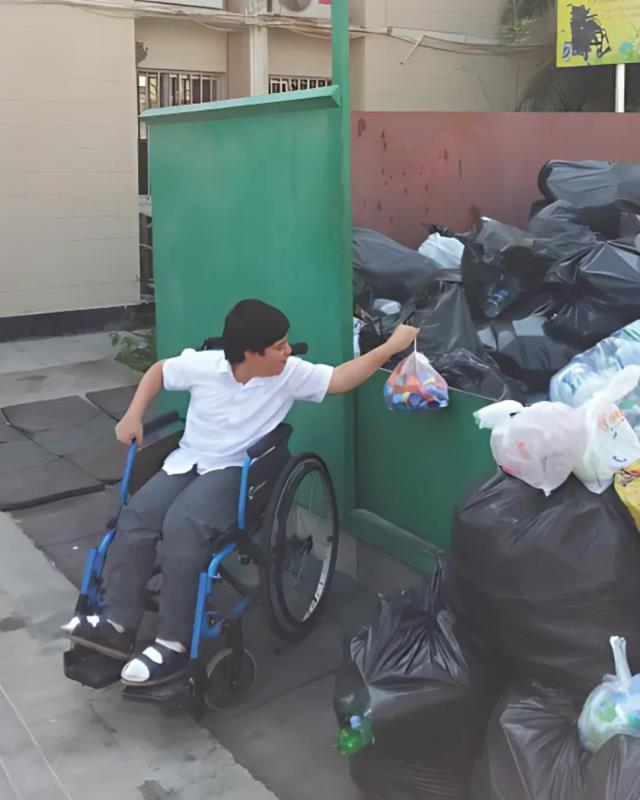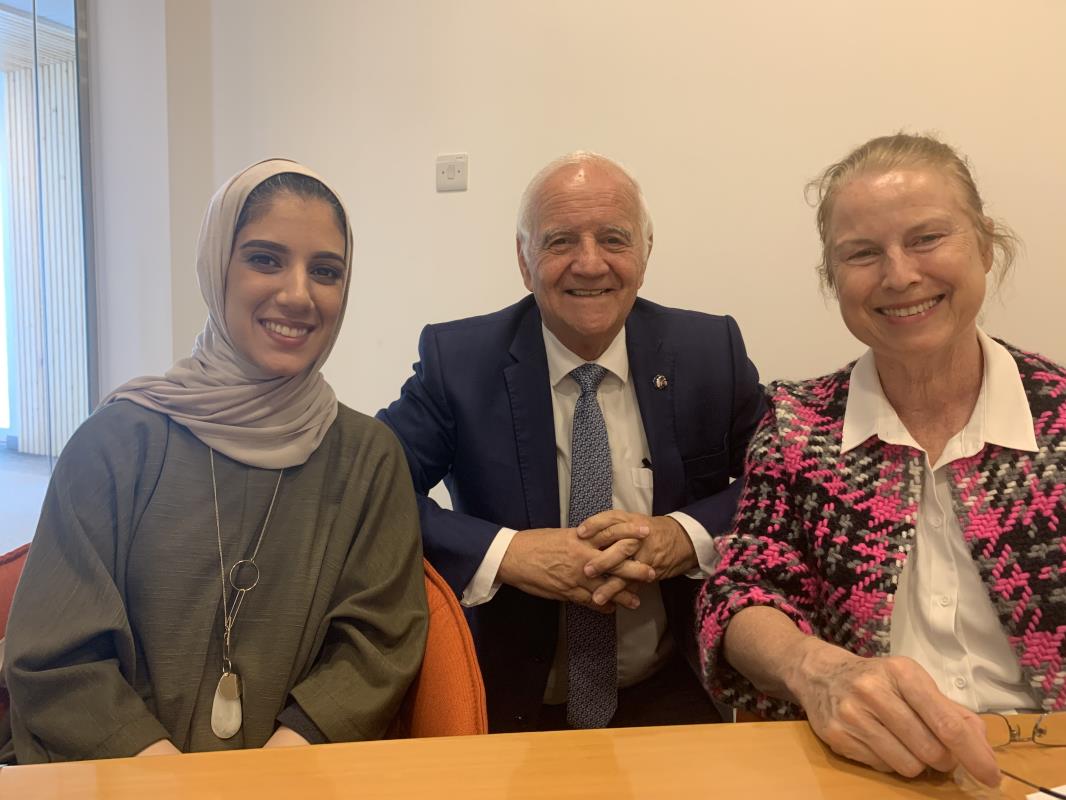
COVID-19 and Higher Education in the Kingdom of Bahrain
The different Higher Education sectors have responded to the pandemic COVID-19 in different ways. Some HE sectors have been severely damaged, while others have used this crisis as an opportunity to reform their educational and administrative systems.
- In Australia, there is a huge debate about the need to assess the deficiencies in the HE systems to formulate reforms and solutions.[1]
- In the United Kingdom, there are calls to create urgent HE financial plans to cope with a loss of 230,000 international students, according to the Guardian.[2]
Such responses prove that the pandemic COVID-19 offers the HE sectors an opportunity to conduct further internal assessments to improve their practices, policies, and systems. In the local context, the different HE sectors have an invaluable opportunity to assess their different methods of teaching and administrative procedures and policies in the Kingdom of Bahrain.
The pandemic COVID-19 has imposed a new situation in the HE sectors in Bahrain, which requires further engagement with virtual education. Being a new experience, many teachers and professors have been partying against virtual and electronic education for a while.
Some educators believed that online education results in diluting courses and insufficient student engagement. Others claimed that online education leads to more plagiarism and less student involvement and innovation. However, as educators, we should remember that education in the 21st century has changed dramatically.
The goal of education is not to find knowledge because it is plenty today. Instead, the role of education is how to construct knowledge by logically intersecting the different knowledge and theoretical frameworks to form solutions and theoretical frameworks in a certain field. This objective can be sustained through virtual education when the exact mechanisms are implemented, such as quality assurance frameworks and further training on electronic teaching.
In short, despite the negative literature surrounding COVID-19, I think that it offers the HE sectors to further reflections and assessment in the Kingdom of Bahrain. Indeed, this pandemic period can be used to generate further research on virtual education in the different HE sectors in the Kingdom of Bahrain.
[1]Kanishka Jayasuriya, “Covid-19 has revealed a crisis in Australian HE governance,” in Times Higher Education (April 24th, 2020), retrieved on May 2nd, 2020 from:
https://www.timeshighereducation.com/blog/covid-19-has-revealed-crisis-australian-he-governance
[2] Jo Grady, “Universities are expecting 230,000 fewer students – that's serious financial pain,” in The Guardian (April 23, 2020), retrieved on May 2nd, 2020 from:
https://www.theguardian.com/education/2020/apr/23/universities-are-expecting-230000-fewer-students-thats-serious-financial-pain























































